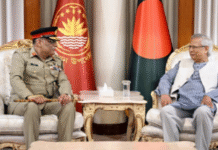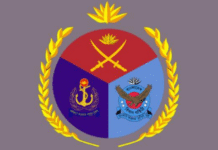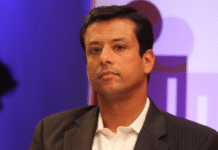Eight of the envoys are now women
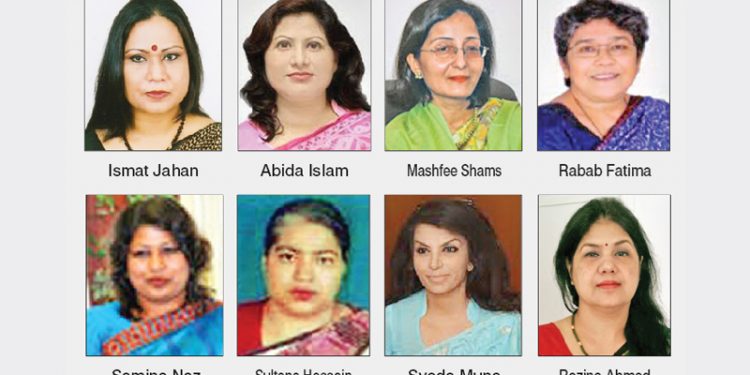
What a significant transformation for the women in the country’s diplomatic front!
Starting with none, the country has now 50-60 women out of about 300 diplomats who are performing equally with their male counterparts.
In 2017, there were five women ambassadors. The number was increased to seven in 2018 and now the country has eight envoys.
With the continued women empowerment, it is expected that the number of women diplomats will keep on increasing. And, a 10 per cent quota for women will help ensure that.
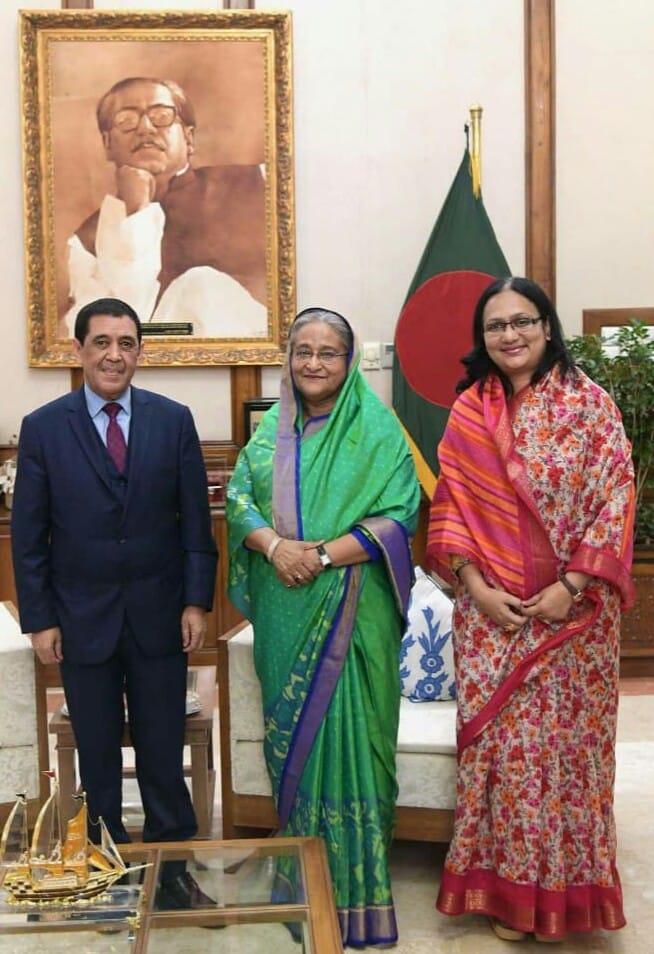
The Foreign Ministry got its first woman officer, Mahmuda Haque Choudhury, from the Prime Minister’s Office in 1972. Mahmuda Chowdhury, whose husband was a freedom fighter, later became the first female ambassador of Bangladesh. She served in Bhutan from 1996-1998.
Nasim Firdaus was the first female diplomat of the country from the foreign service cadre. She belongs to the 1977 batch. Firdaus became the first ambassador from the foreign service cadre when she was appointed to lead the Bangladesh mission in Indonesia in 2002. Later Nasima Haider, Selina Mohsin and Majeda Rafiqun Nessa became ambassadors. All of them are retired now.
Among the serving eight women ambassadors and high commissioners, Rabab Fatima is at the top. She is the country’s permanent representative to the United Nations headquarters in New York. Fatima replaced incumbent Foreign Secretary Masud Bin Momen.
Sultana Laila Hossain is in Morocco, Mashfee Binte Shams in Nepal, Saida Muna Tasneem is the high commissioner to the United Kingdom, Samina Naz in Vietnam, Abida Islam in South Korea, Nahida Sobhan in Jordan, while Rezina Ahmed is serving as the high commissioner to Mauritius.
Sadia Faizunnesa is Banngladesh consul general in New York.
Ferdousi Shahriar, Maleka Parveen, Samia Anjum, Naureen Ahsan, Samia Halim, and Nahida Rahman Shumona are now serving as director generals of different wings of the Foreign Ministry.
Talking to Dhaka Tribune, several women diplomats refused to be categorised in the context of gender, saying that they are no different than men and that they entered the service fulfilling the criteria like their male counterparts.
Some of the country’s male envoys have concurred with the notion and praised their female counterparts for the work they are doing.
Understandably, discharging the responsibilities of a diplomat is often harder for a woman than a man because a woman diplomat has also to maintain her family.
When asked, the women diplomats said that they have never been discriminated institutionally due to their gender.
(The featured images at the top show Bangladesh’s women envoys)

